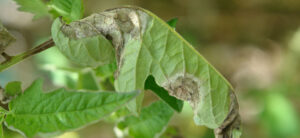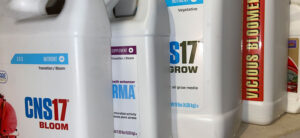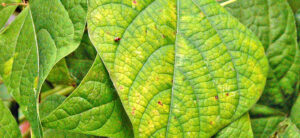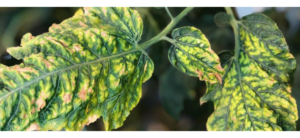Tomato Leaf Curl: Why Are My Plant Leaves Curling Up?
At one point or another, you’re going to walk into your grow room or garden and notice your tomato plant leaves curling up.
You may not know exactly what is causing this, but one thing is for sure - it doesn’t look healthy, and it certainly indicates a more serious underlying problem.
The foliage of our plants tells us a lot about them - it’s where we can look to identify nutrient or pH problems, for example. It’s also the place where you’ll identify common pests and diseases, as bugs love to feast on these.
When our plants are suffering from environmental stress, either by heat or changes to their atmosphere, the leaves may start changing as well. With so many different plant problems being related to the leaves, it can make diagnosing the root cause of the issue difficult.
Worry not, because in the coming minutes, we’ll teach you everything that could be causing your plant’s leaves to start curling up. Then, we’ll explain how to remedy each potential cause.
Continue reading














